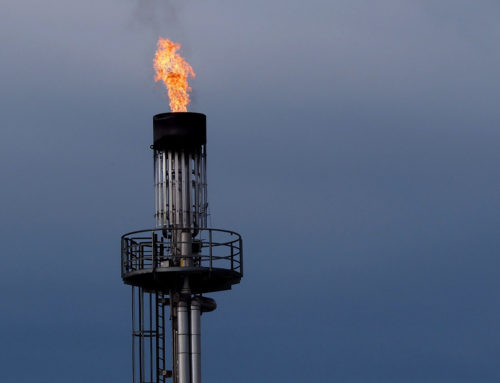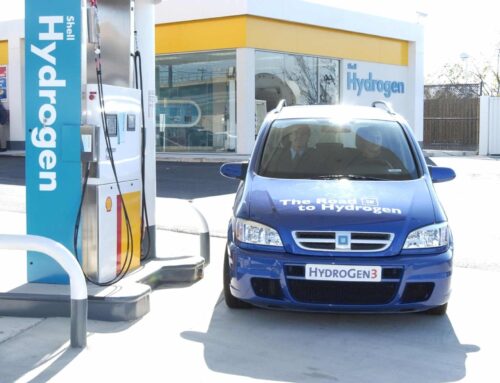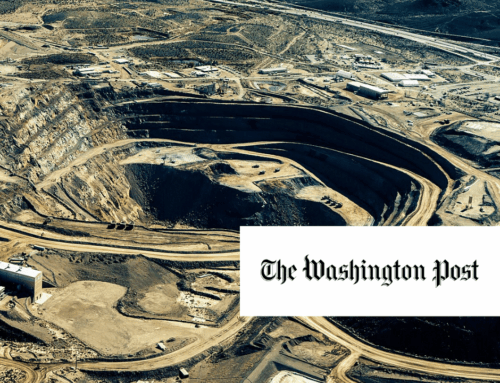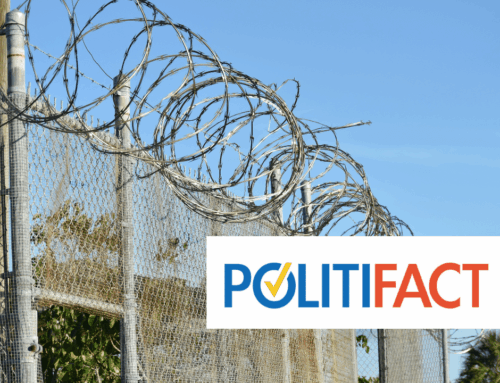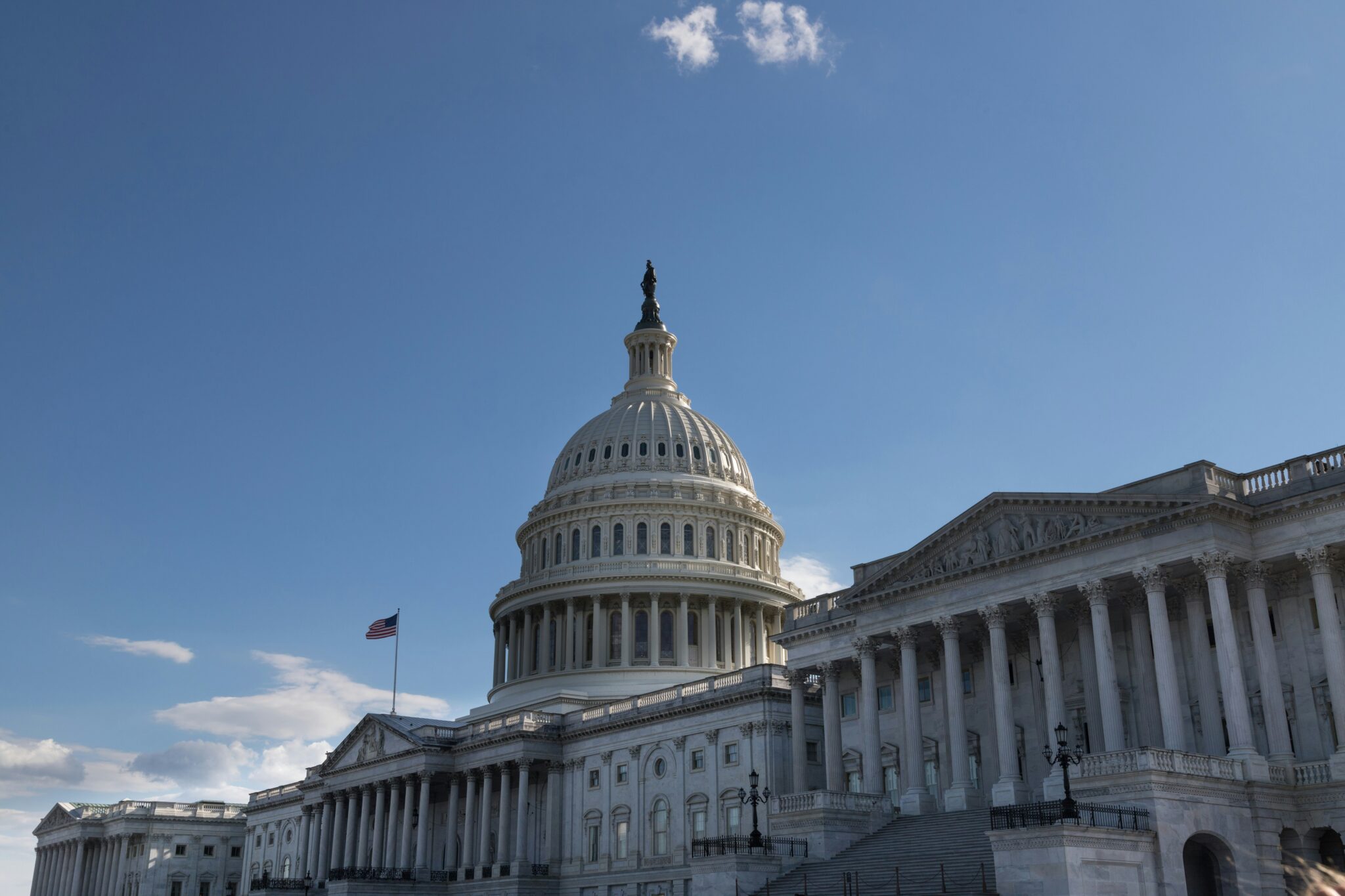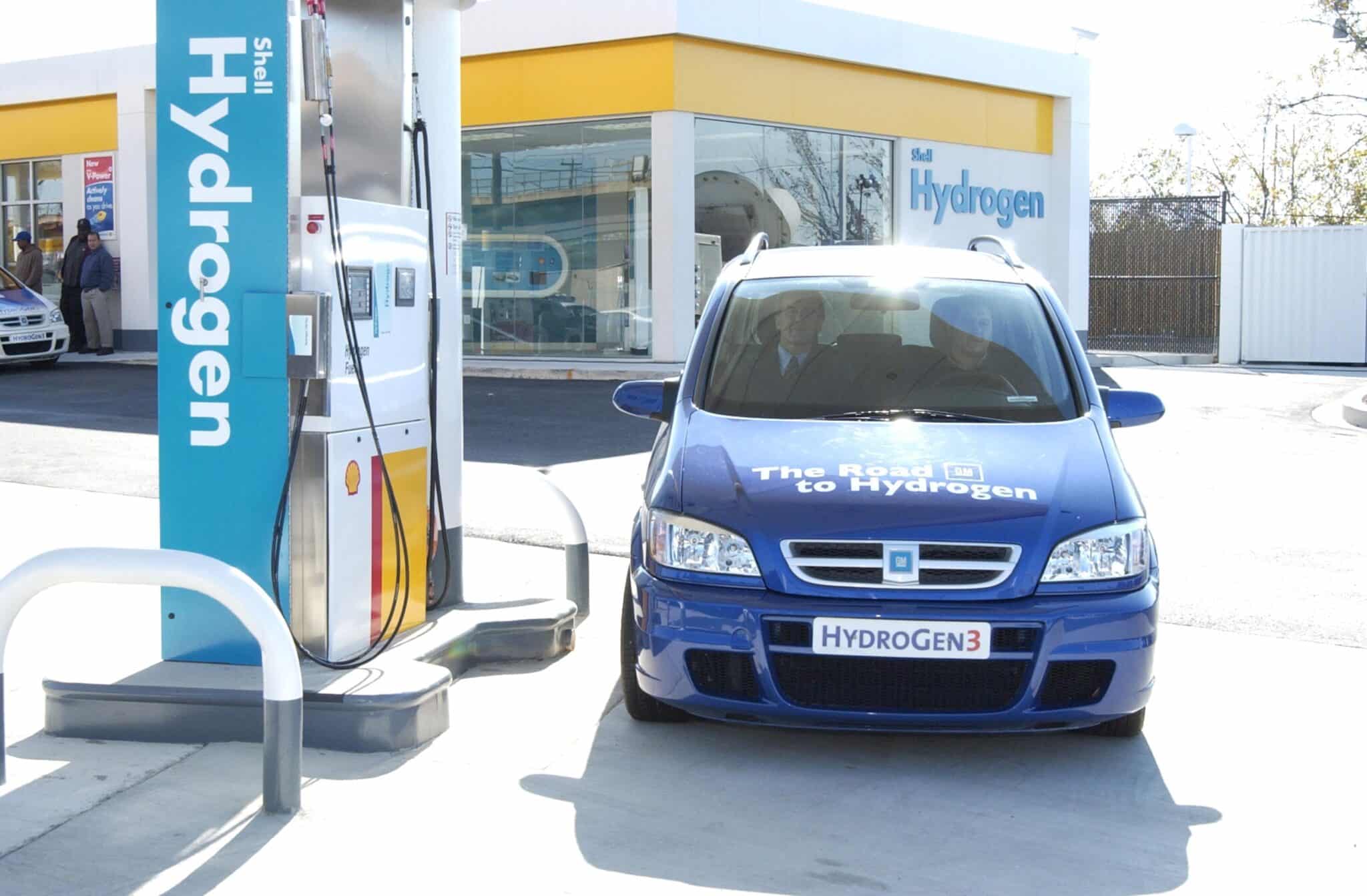Oil and gas producers in Louisiana waste millions of dollars of natural gas every year. In 2019, the $82 million of wasted gas could have powered two-thirds of Louisiana households for a year. While most of this gas escaped through leaks or “fugitive” emissions, almost 20% of it was intentionally released through routine venting and flaring, enough to have generated an additional $2.5 million in annual tax and royalty revenues for the state.
Our two groups focus on government spending and its impact on taxpayers. Often people are surprised to see where their money is going.
Flaring is the intentional burning of natural gas, which is often a byproduct of oil extraction. You may have seen these metal towers with open flames on top while driving. Venting, meanwhile, is the intentional release of unprocessed, raw gas into open air, which also releases lots of other toxins.
Most of this waste is methane, which is a potent greenhouse gas with 84 times the warming power of carbon dioxide over a 20-year timeframe. Accelerating climate change from methane emission is a major cost for Louisiana taxpayers experiencing more destructive storms every year.
The number of billion-dollar storms slamming Louisiana has doubled since 2000. In the last 10 years, Louisiana has experienced 37 billion-dollar disasters that cost a whopping $200 billion, according to the National Oceanic and Atmospheric Administration.
State and federal disaster recovery programs are overwhelmed. Every year, we appropriate more and more money to withstand the damage we know is coming from the impacts of climate change.
Louisiana can build on the approaches of states like Colorado and New Mexico by requiring that excess gas be captured and used. Under Gov. John Bel Edwards, the Department of Natural Resources has embarked on proposed rulemaking to address wasteful routine venting and flaring. This proposal would generate more revenue for state programs while curtailing the release of a powerful greenhouse gas.
Given that New Mexico is the second-largest oil producer in the country, we can be confident strong rules to cut waste will not negatively affect industry. What’s more, the methane mitigation industry is creating jobs. It has a growing presence in Louisiana, with a half dozen companies headquartered here and five manufacturing facilities. These jobs pay 10% higher wages than the national average and can’t be offshored. More than three-fourths of firms report that they would create more jobs just to accommodate new methane policies.
Too many fiscally responsible policies fall victim to political fights. Reining in methane waste from oil and gas operations is something we should all agree on. It just makes common sense.
Ned Randolph is a policy advisor with the Louisiana Budget Project. Autumn Hanna is vice president of Taxpayers for Common Sense.


